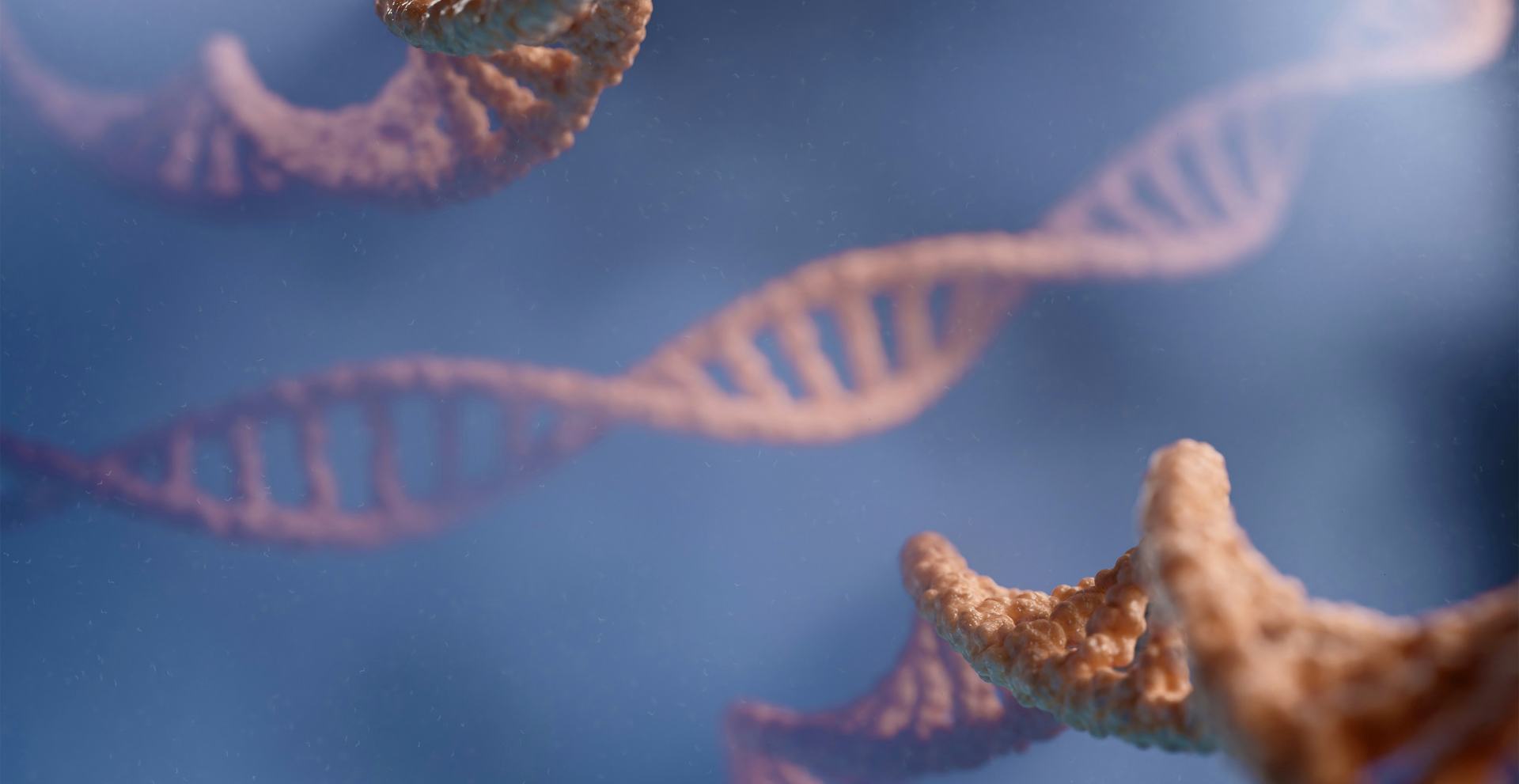Understanding the Nutrition and Mental Health Connection
The foods you consume don't only fuel your body. They shape your mood, cognitive function, and overall mental well-being.
Your gut is home to trillions of bacteria that communicate directly with your brain through the gut-brain axis. A balanced diet supports a healthy gut, which can help manage stress, anxiety, and depression.
When you understand that nutrition and mental health are intricately connected, you can nurture both your body and mind with a balanced diet that lays a foundation for stronger emotional resilience.
The Gut-Brain Axis: The Link Between Nutrition and Mental Health
The gut-brain axis is a sophisticated communication network linking your digestive system and brain, which can play a crucial role in mental health. This connection works through pathways like the vagus nerve. Your gut microbiome (the bacteria communicating with your brain) produces essential neurotransmitters, with up to 95% of total body serotonin generated in the gut. These neurotransmitters influence your mood, emotions, and cognitive function.
Research shows that when your gut microbiome is balanced and healthy, it supports clear thinking, emotional stability, and resilience to stress. Conversely, disruptions in the microbiome, often caused by poor diet or inflammation, can contribute to mood disorders like anxiety and depression. Supporting your gut health through a balanced diet rich in fiber, probiotics, and prebiotics nurtures this delicate ecosystem.
The gut-brain axis underscores how profoundly your diet impacts not just your body, but your mind.
The Impact of Nutrition on Mood and Brain Function
Studies show that diets rich in antioxidants and anti-inflammatory foods, like fruits, vegetables, and fish, can reduce oxidative stress and inflammation, which are linked to cognitive decline and mood disorders. These foods supply essential vitamins and minerals that help protect brain cells and improve mental resilience. For example, omega-3 fatty acids from fish like salmon support brain health, while leafy greens, nuts, and berries provide antioxidants that combat inflammation.
Balanced nutrition boosts brain function and can also mitigate the risk of depression and anxiety. You support the gut-brain connection by fueling your body with nutrient-dense, whole foods. Prioritizing these dietary choices can help you think more clearly and remain resilient in the face of life's challenges.
Foods to Eat for Better Mental Health
Incorporate the following to support a healthier gut-brain connection:
- Probiotic Foods: Yogurt, Kefir, Sauerkraut, Kimchi
- Prebiotic Foods: Onions, Oats, Bananas, Asparagus
- Antioxidant-Rich Foods: Berries, Leafy greens, Nuts, Dark chocolate
- Omega-3 Fatty Acids: Salmon, Walnuts, Chia seeds, Flaxseeds
Additionally, one study introduced an Antidepressant Food Scale, highlighting 12 key nutrients that may help prevent and treat depression. The following foods provide these nutrients:
- Oysters
- Mussels
- Salmon
- Watercress
- Spinach
- Romaine lettuce
- Cauliflower
- Strawberries.
Prioritize these nutrient-rich foods to boost cognitive function and build a foundation for better mental health.
The Effects of Ultra-Processed Foods on Mental Health
Ultra-processed foods are closely linked to mood disorders like depression and anxiety. According to research, these foods, such as sugary snacks, processed meats, and fast food, contain additives, refined sugars, and trans fats that disrupt gut health and trigger inflammation. This inflammation can impair the gut-brain connection, reducing the production of mood-regulating neurotransmitters.
Over time, a diet high in ultra-processed foods can damage the gut microbiome. Minimizing these foods and focusing on whole, nutrient-dense options is essential for current and long-term health.
Because balanced nutrition plays a critical role in maintaining cognitive function, it can reduce the risk of neurodegenerative diseases as we age. Prioritizing a healthy diet can preserve mental sharpness, enhance memory, and support long-term emotional well-being, making aging a more vibrant and resilient process.
Nutrition and Exercise Services for Better Mental Health
At Friendswood Physiatry and TMS Clinic, we offer nutrition and exercise reviews to help you better understand how your mental health and physical health interconnect. We designed this service to help you optimize both through personalized wellness strategies.
However, while a healthy diet is a powerful tool for supporting mental health, it cannot cure more serious mental health conditions like major depression, generalized anxiety, eating disorders, or treatment-resistant mental illnesses. In these cases, professional care is essential. We offer a wide array of services designed to provide comprehensive mental health support tailored to each individual who comes through our door.
Additional Mental Health Support in Friendswood, TX
In addition to our nutrition and exercise review, we offer psychiatric evaluations and medication management to ensure the right treatment plan is in place. For those struggling with persistent symptoms, Transcranial Magnetic Stimulation (TMS) offers a non-invasive, FDA-approved therapy to alleviate depression and anxiety. We also provide genetic testing to optimize medication choices and sleep optimization services to improve rest.
Our go-to therapy methods, such as Cognitive Behavioral Therapy (CBT), faith-based counseling, and Motivational Interviewing, offer personalized strategies for building emotional resilience. CBT helps you identify and change disruptive thought patterns, while faith-based counseling integrates spiritual values with evidence-based techniques. Motivational Interviewing empowers you to explore your personal motivations for change and set achievable goals within a supportive environment. These diverse approaches provide comprehensive care tailored to your needs, helping you build confidence and lasting emotional strength.
You can create a holistic path to improved mental health when you combine find the therapeutic interventions with a balanced diet and access the support you need to thrive.
Improve Your Mental Health with Smart Nutrition and Expert Care
The connection between nutrition and mental health is undeniable. A balanced diet supports your gut-brain axis, enhancing mood and cognitive function. Prioritizing whole foods like probiotics, prebiotics, antioxidants, and omega-3 fatty acids can significantly improve your mental well-being.
Combining healthier eating habits with expert care allows you to take meaningful steps toward a healthier, happier mind. Your mental health journey may begin with what you eat, but it doesn't have to end there.
If you're looking for nutrition and mental health support near Friendswood, Pearland, League City, Alvin, Dickinson, Clear Lake, Sugar Land, Nassau Bay, Kemah, Webster, South Shore, or Houston, Texas, the team at Friendswood Psychiatry and TMS Clinic is here to help. Schedule a free consultation today.
Cited Source(s):
- Han, Yimin et al. “Vagus Nerve and Underlying Impact on the Gut Microbiota-Brain Axis in Behavior and Neurodegenerative Diseases.” Journal of inflammation research vol. 15 6213-6230. 9 Nov. 2022, doi:10.2147/JIR.S384949
- Appleton, Jeremy. “The Gut-Brain Axis: Influence of Microbiota on Mood and Mental Health.” Integrative medicine (Encinitas, Calif.) vol. 17,4 (2018): 28-32.
- Lassale, Camille et al. “Healthy dietary indices and risk of depressive outcomes: a systematic review and meta-analysis of observational studies.” Molecular psychiatry vol. 24,7 (2019): 965-986. doi:10.1038/s41380-018-0237-8
- LaChance, Laura R, and Drew Ramsey. “Antidepressant foods: An evidence-based nutrient profiling system for depression.” World journal of psychiatryvol. 8,3 97-104. 20 Sep. 2018, doi:10.5498/wjp.v8.i3.97
- Zheng, Liwen et al. “Ultra-Processed Food Is Positively Associated With Depressive Symptoms Among United States Adults.” Frontiers in nutrition vol. 7 600449. 15 Dec. 2020, doi:10.3389/fnut.2020.600449

HELPFUL LINKS
SCHEDULE A CONSULTATION
It's important to know that you are not alone. You can get help with depression today!
WE SUPPORT MENTAL WELLNESS
- Depression
- Anxiety
- ADHD
- OCD
- Adjustment Disorders
- Life Transitions
- Autism Management
- Binge Eating Disorders
- Smoking Cessation







